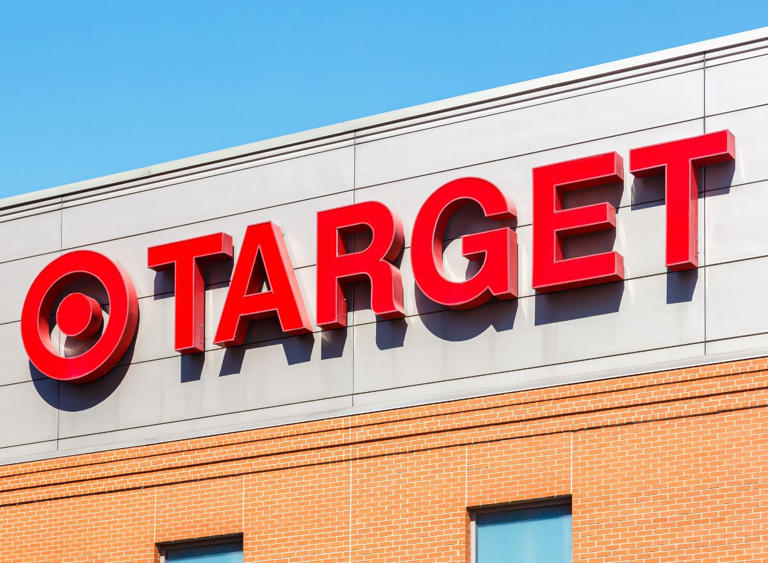The issue of overcharging at major grocery chains in California’s Bay Area has not only raised concerns among consumers but also shed light on the broader impact of rising inflation on household budgets.
According to reports obtained by SFGate from the Marin County Department of Agriculture, Weights, and Measures, multiple Target and Safeway locations were found to have allegedly overcharged customers for basic food, drink, and personal care items during 2023 and 2024. In one instance, a Safeway store in Novato was reported to have charged an extra dollar for products like soap, instant coffee, and Oreos. Similarly, a Target store in the same area allegedly overcharged for items such as cocktail mixers and containers not eligible for California Redemption Value.
The failure of the Novato Target to pass multiple reinspection attempts underscores the seriousness of the issue and raises questions about the effectiveness of oversight measures. While individual overcharges may seem minor, they can significantly impact consumers, especially amid already rising food prices. Recent data from the U.S. Bureau of Labor Statistics indicates that Bay Area consumers have been facing substantially higher food costs compared to the national average, adding to the financial burden.
The allegations against Target and Safeway are not isolated incidents. Both retailers have faced scrutiny and legal action in the past over similar pricing practices, highlighting broader concerns about consumer protection and corporate accountability in the retail sector. Despite these challenges, representatives for Target and Safeway have not yet provided a response to inquiries about the latest overcharging reports, leaving consumers and regulators alike seeking answers and accountability.
In addition to Target and Safeway, Walmart, another major player in the retail industry, has also faced allegations of overcharging. The ongoing settlement of a class-action lawsuit against Walmart, which includes a $45 million payout to affected consumers, underscores the pervasive nature of the issue across the retail landscape. Eligible consumers have until June 5 to file a claim and potentially receive compensation, underscoring the importance of consumer advocacy and legal recourse in addressing overcharging practices.
Overall, the issue of overcharging at grocery chains highlights the need for increased transparency, accountability, and consumer education to ensure fair pricing practices and protect the financial well-being of consumers in an era of rising inflation and economic uncertainty.
